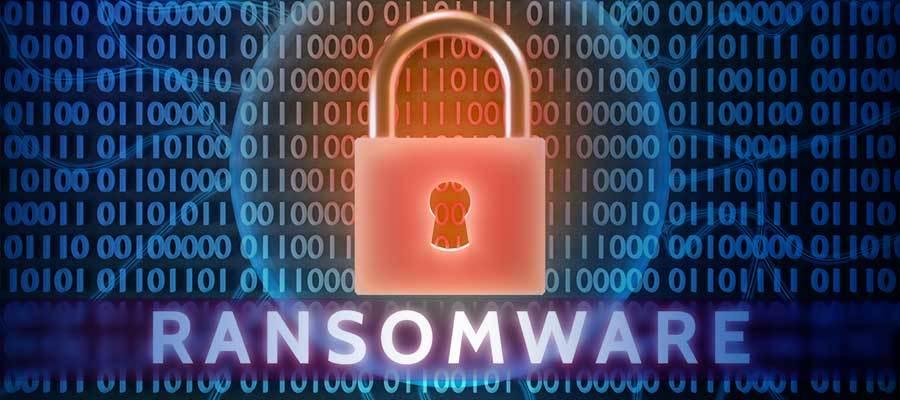Agencies issue ransomware alert, guidance for securely deploying AI

U.S. and European agencies April 18 recommended organizations implement certain best practices to protect against the latest versions of Akira ransomware, which has attacked critical infrastructure and other organizations in North America, Europe and Australia over the past year. In addition, U.S. and international agencies recently released best practices for deploying artificial intelligence systems securely.
“The Akira ransomware code is capable of attacking both Windows- and Linux-based systems,” said John Riggi, AHA’s national advisor for cybersecurity and risk. “In an evolution of tactics to reduce detection and maximize the impact of the attack, Akira may use two distinct variants of the ransomware and will leverage publicly available tools and applications in executing an attack. It is recommended that health care organization cybersecurity teams review this alert in detail, consider disabling remote access tools and initiate alerts for activation of the described tools, especially the AdFind tool related to Active Directory discovery. The AI guidance is an excellent resource that is most applicable to organizations deploying and operating externally developed AI systems on premises or in private cloud environments. The described best practices are not applicable to organizations leveraging AI systems deployed by others."
For more information on this or other cyber and risk issues, contact Riggi at jriggi@aha.org. For the latest cyber and risk resources and threat intelligence, visit aha.org/cybersecurity.

